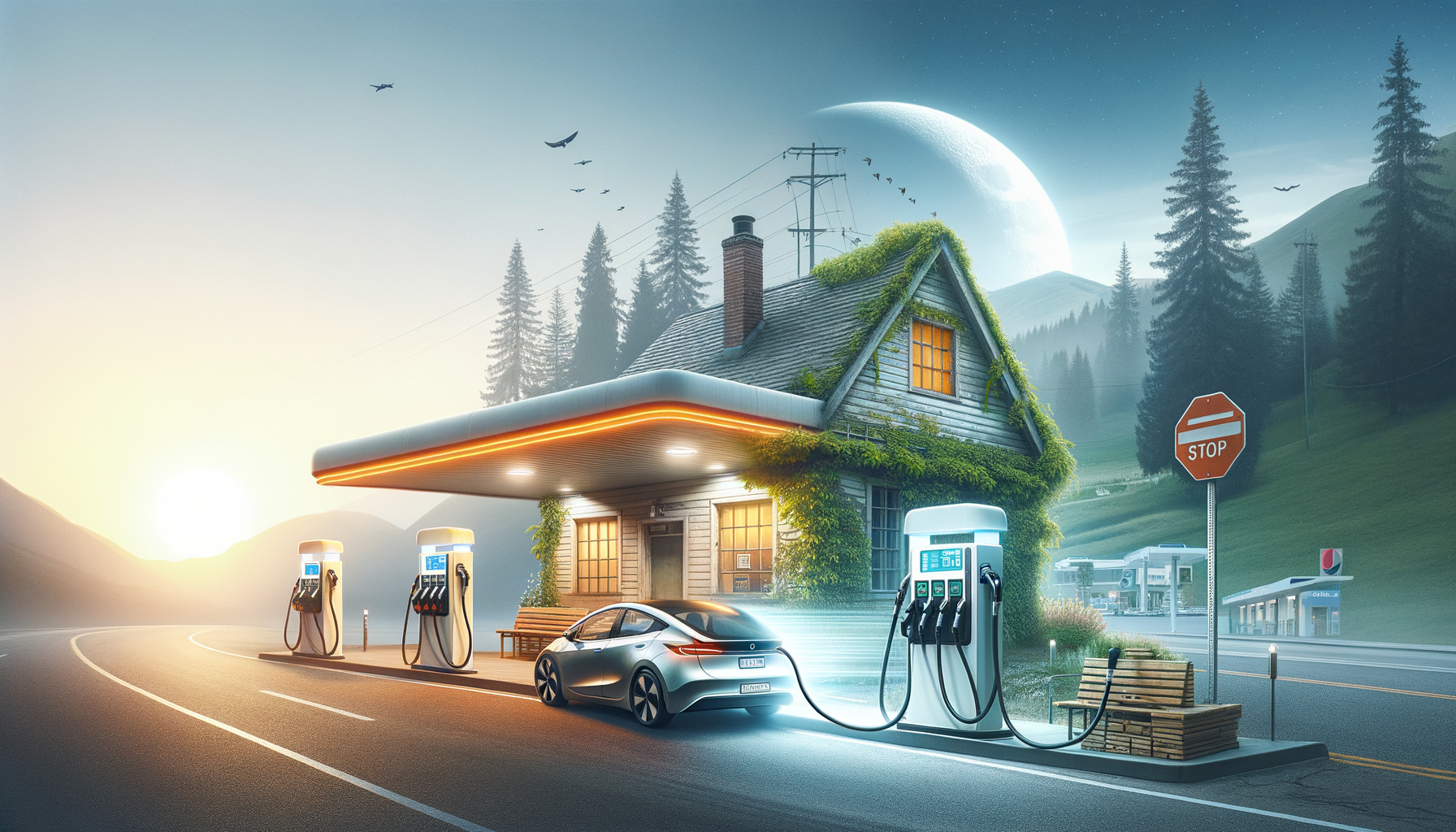The Evolution of Electric Vehicles: A Historical Perspective
The journey of electric vehicles (EVs) from concept to mainstream transportation has been a fascinating one. The roots of electric mobility can be traced back to the 19th century when inventors began experimenting with electric carriages. However, the real transformation began in the late 20th century, driven by technological advancements and environmental concerns. Early electric vehicles were limited by battery technology, offering short ranges and long charging times. Despite these limitations, the 1990s saw a renewed interest, spurred by the need to reduce emissions and dependency on fossil fuels.
Today, electric vehicles have evolved significantly. Modern EVs boast impressive ranges, often exceeding 300 miles on a single charge, thanks to advancements in lithium-ion battery technology. Moreover, the development of fast-charging networks has alleviated range anxiety, making EVs a practical choice for daily commuting and long-distance travel. This evolution is not just technological but also cultural, as consumers increasingly prioritize sustainability.
The historical journey of electric vehicles highlights the interplay between innovation, policy, and consumer demand. Governments worldwide have implemented incentives to promote EV adoption, such as tax credits and rebates, while automakers have responded by investing heavily in electric vehicle research and development. This synergy has accelerated the transformation of transit, making electric vehicles a viable and attractive option for a wide range of consumers.
Environmental Benefits of Electric Vehicles
One of the most compelling arguments for the adoption of electric vehicles is their potential to reduce environmental impact. Traditional internal combustion engines (ICE) are significant contributors to air pollution and greenhouse gas emissions. In contrast, electric vehicles produce zero tailpipe emissions, offering a cleaner alternative that aligns with global efforts to combat climate change.
Electric vehicles are powered by electricity, which can be generated from renewable sources such as wind, solar, and hydroelectric power. As the energy grid becomes greener, the carbon footprint of EVs continues to shrink. This transition supports the reduction of overall emissions, contributing to improved air quality and public health.
Moreover, the lifecycle emissions of electric vehicles are lower compared to traditional vehicles. Although the production of EV batteries involves energy-intensive processes, the long-term benefits outweigh the initial environmental costs. As battery recycling technologies improve, the sustainability of electric vehicles will further enhance, making them an integral part of a sustainable future.
In summary, the environmental benefits of electric vehicles are substantial, offering a path towards a cleaner and more sustainable transportation system. By reducing reliance on fossil fuels and decreasing emissions, EVs play a crucial role in addressing the environmental challenges of our time.
The Economic Impact of Electric Vehicles
The rise of electric vehicles is not only transforming the automotive industry but also having significant economic implications. As EV adoption increases, new opportunities and challenges emerge across various sectors, from manufacturing to energy production.
One notable economic impact is job creation. The shift towards electric vehicles has spurred demand for skilled workers in areas such as battery manufacturing, charging infrastructure development, and vehicle maintenance. This demand is driving economic growth and innovation, particularly in regions that have embraced the transition to electric mobility.
Additionally, electric vehicles offer cost savings to consumers. Although the initial purchase price of EVs can be higher than traditional vehicles, lower operating costs and maintenance expenses often offset this difference. EVs have fewer moving parts, reducing the need for regular maintenance, and electricity is generally cheaper than gasoline, leading to lower fuel costs over time.
However, the economic transformation is not without challenges. The transition to electric vehicles requires significant investment in infrastructure, such as charging stations and grid upgrades. Policymakers and industry leaders must collaborate to address these challenges, ensuring a smooth and equitable transition to an electrified transportation system.
Overall, the economic impact of electric vehicles is multifaceted, offering both opportunities and challenges. As the market continues to grow, the economic landscape will evolve, driven by innovation and the pursuit of a sustainable future.
Technological Advancements Driving Electric Vehicle Adoption
The rapid adoption of electric vehicles is largely driven by technological advancements that have addressed previous limitations and enhanced the appeal of EVs. One of the most significant breakthroughs has been in battery technology. Modern lithium-ion batteries offer greater energy density, allowing for longer ranges and faster charging times. These improvements have made electric vehicles more practical and convenient for everyday use.
Another key advancement is in the development of charging infrastructure. Fast-charging networks have expanded globally, reducing charging times and increasing accessibility for EV owners. Innovations such as wireless charging and vehicle-to-grid technology are also emerging, promising to further revolutionize the electric vehicle experience.
Moreover, advancements in autonomous driving and connectivity are shaping the future of electric vehicles. As EVs become increasingly integrated with smart technologies, they offer enhanced safety features, improved efficiency, and a more connected driving experience. These innovations are not only transforming how we drive but also how we interact with our vehicles.
In conclusion, technological advancements are at the heart of the electric vehicle revolution. By addressing previous challenges and enhancing the overall driving experience, these innovations are paving the way for widespread EV adoption and a more sustainable future.
Challenges and Future Prospects of Electric Vehicles
While the transformation of transit through electric vehicles is promising, it is not without its challenges. One of the primary concerns is the availability and accessibility of charging infrastructure. Although significant progress has been made, ensuring that charging stations are as ubiquitous as gas stations remains a hurdle that needs to be overcome.
Battery production and disposal also present challenges. The extraction of raw materials for batteries, such as lithium and cobalt, raises environmental and ethical concerns. Additionally, the disposal and recycling of batteries require further innovation to minimize environmental impact and maximize resource recovery.
Despite these challenges, the future prospects for electric vehicles are bright. The global push for sustainability and the reduction of carbon emissions continue to drive investment in EV technology and infrastructure. Governments and private sectors are working collaboratively to create policies and incentives that encourage EV adoption and address existing challenges.
Furthermore, continued advancements in technology promise to enhance the efficiency and affordability of electric vehicles. As battery technology evolves and economies of scale are achieved, the cost of EVs is expected to decrease, making them more accessible to a broader audience.
In summary, while challenges remain, the future of electric vehicles is filled with potential. As technology progresses and infrastructure expands, electric vehicles are poised to play a central role in the future of transportation, leading us towards a more sustainable and efficient world.








